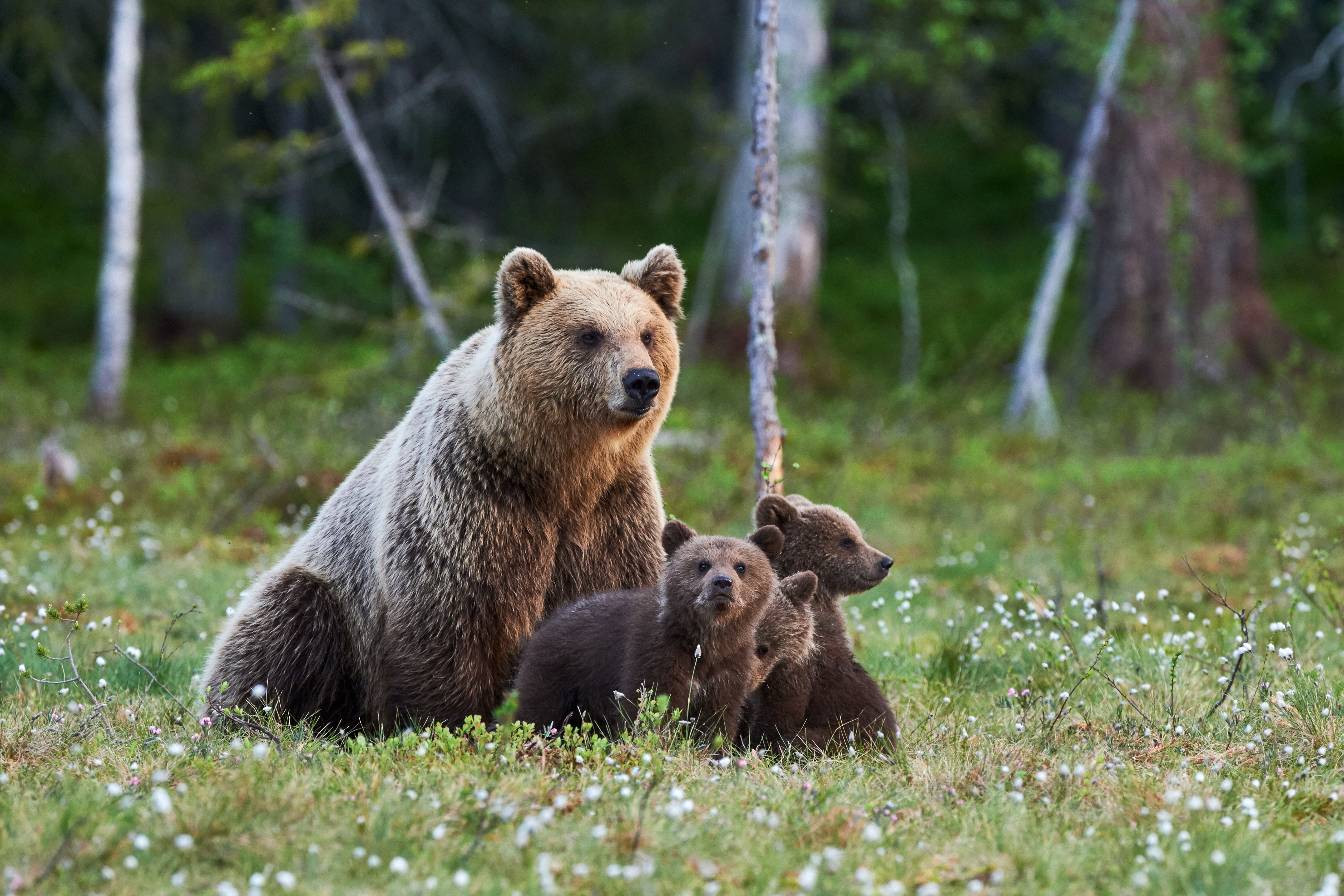Trump administration rolls back restrictions on killing cubs and pups in Alaska


A free daily email with the biggest news stories of the day – and the best features from TheWeek.com
You are now subscribed
Your newsletter sign-up was successful
The Trump administration on Tuesday finalized a rule that eliminates protective hunting restrictions in Alaska established in 2015 by the Obama administration.
The 2015 rule aimed to protect wildlife on Alaska's national preserves by banning hunting methods otherwise approved by the state. Such practices that will again be permitted include: luring hibernating bears with doughnuts, grease-soaked bread, and other junk foods; using dogs to hunt black bears; using artificial light to enter wolf dens to kill mothers and pups; and targeting certain animals from boats, airplanes, and snowmobiles.
The new rule will go into effect in 30 days.
The Week
Escape your echo chamber. Get the facts behind the news, plus analysis from multiple perspectives.

Sign up for The Week's Free Newsletters
From our morning news briefing to a weekly Good News Newsletter, get the best of The Week delivered directly to your inbox.
From our morning news briefing to a weekly Good News Newsletter, get the best of The Week delivered directly to your inbox.
Alaska officials in support of the rollback said the 2015 regulation "infringed on traditional native hunting practices and were more restrictive than what is permitted on state land," reports The Washington Post. Alaska Gov. Mike Dunleavy (R) said, "This is a step towards acknowledging Alaska's rightful control over fish and wildlife resources all across the state."
But Theresa Pierno, president and CEO of the National Parks Conservation Association, disagrees. "Shooting hibernating mama and baby bears is not the conservation legacy that our national parks are meant to preserve and no way to treat or manage park wildlife," she told the Post.
The new rule could have physiological consequences for the animals, Gizmodo reports, as baiting bears with junk food may cause them to hibernate less. Increased hunting of predators including bears and wolves could throw off the balance of the ecosystem, too.
A free daily email with the biggest news stories of the day – and the best features from TheWeek.com
Taylor Watson is audience engagement editor for TheWeek.com and a former editorial assistant. She graduated from Syracuse University, with a major in magazine journalism and minors in food studies and nutrition. Taylor has previously written for Runner's World, Vice, and more.
